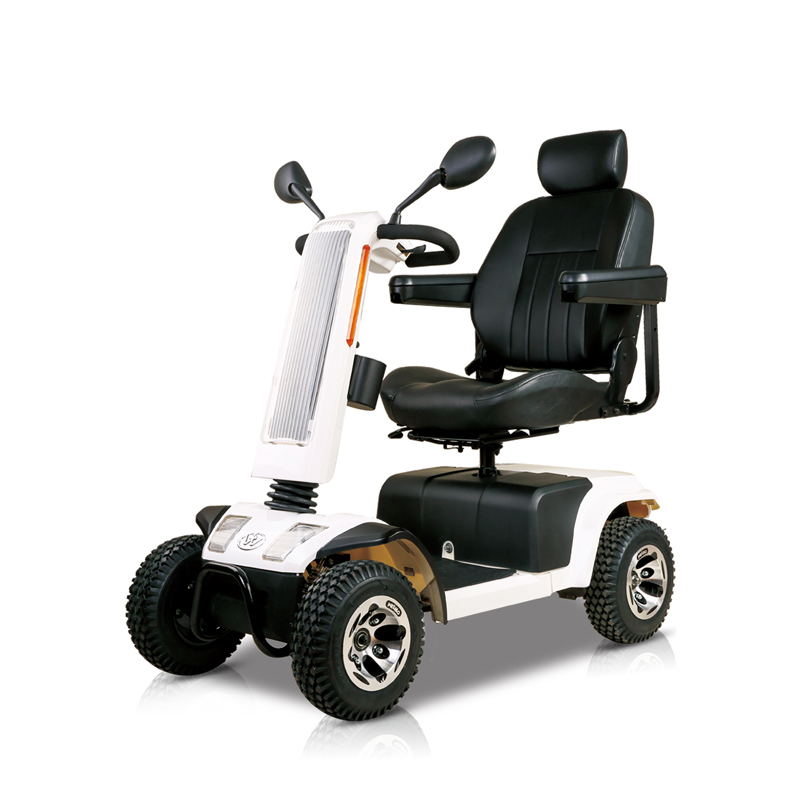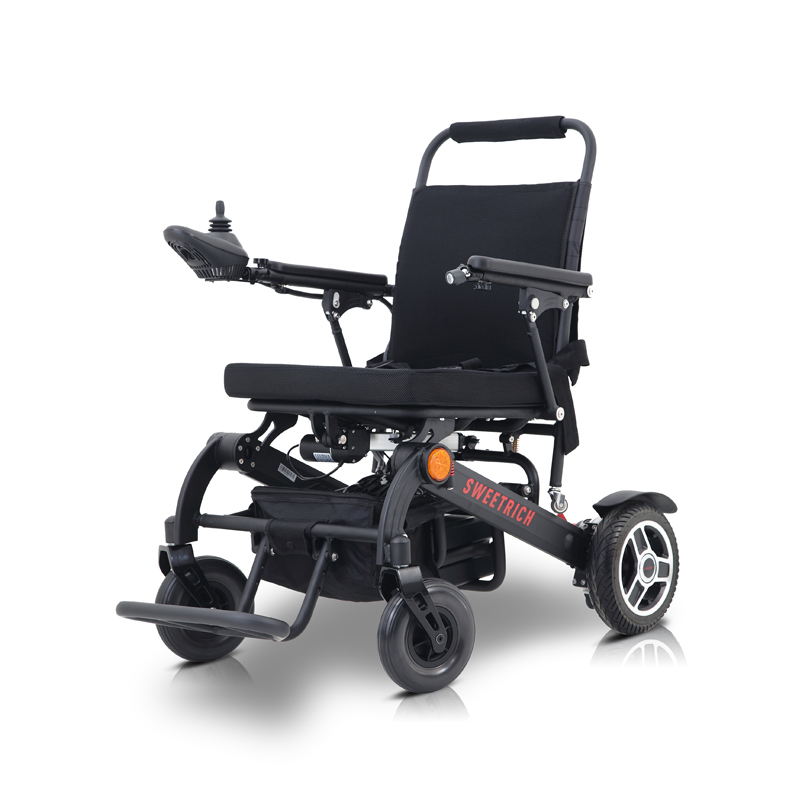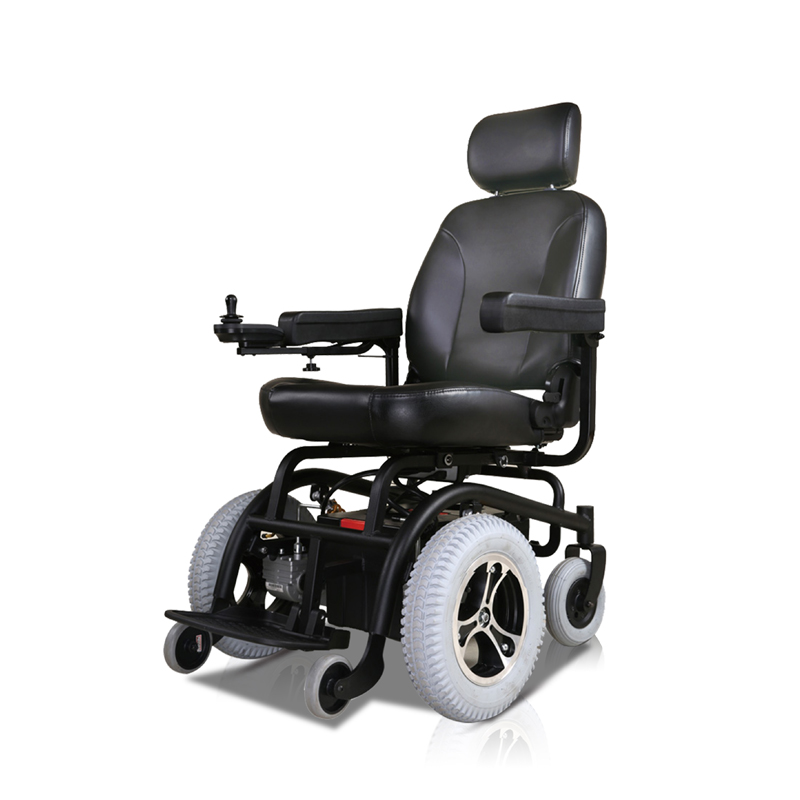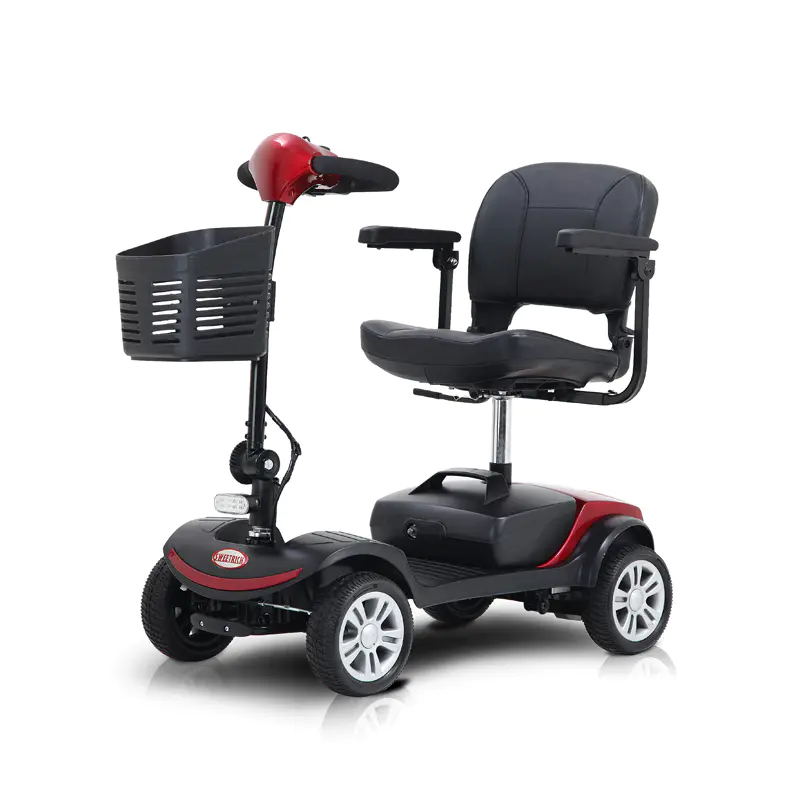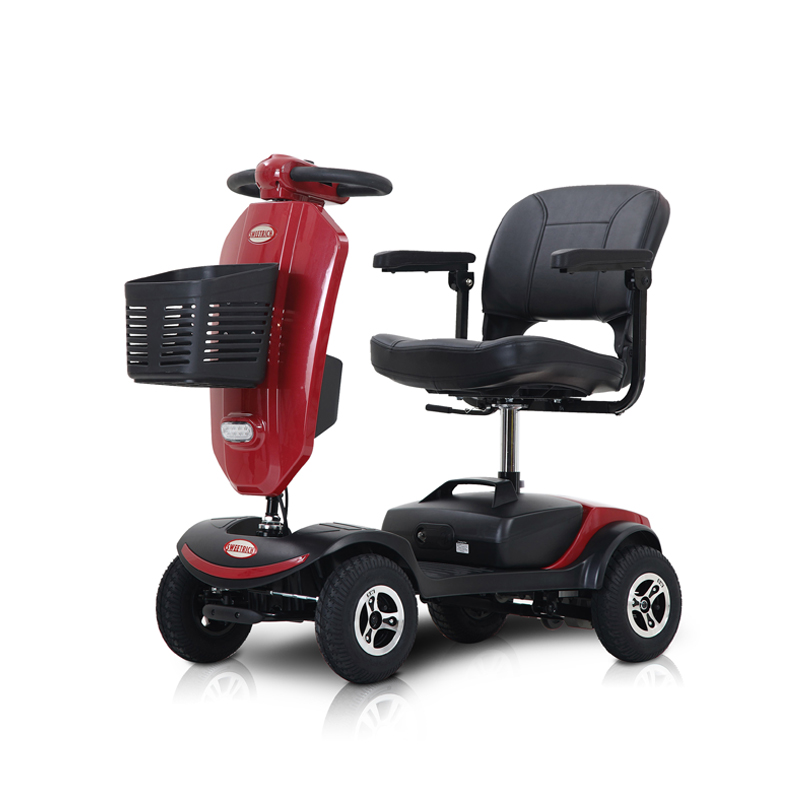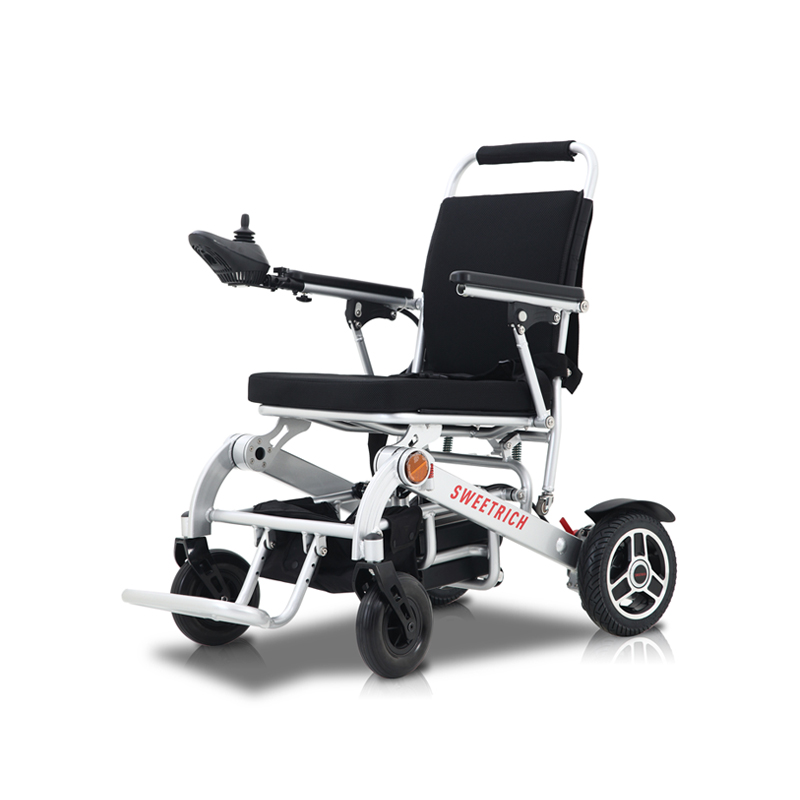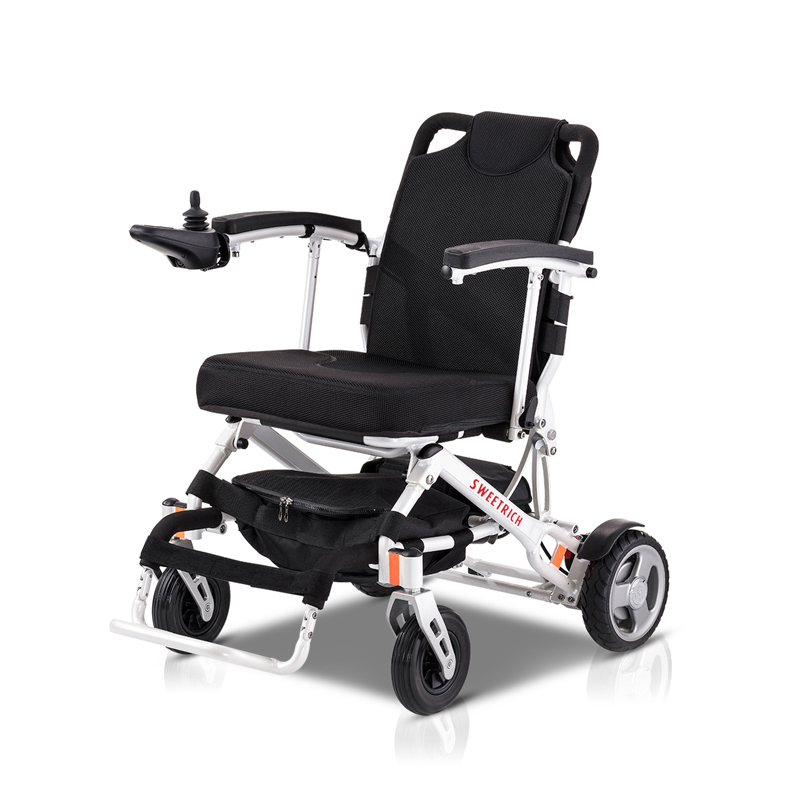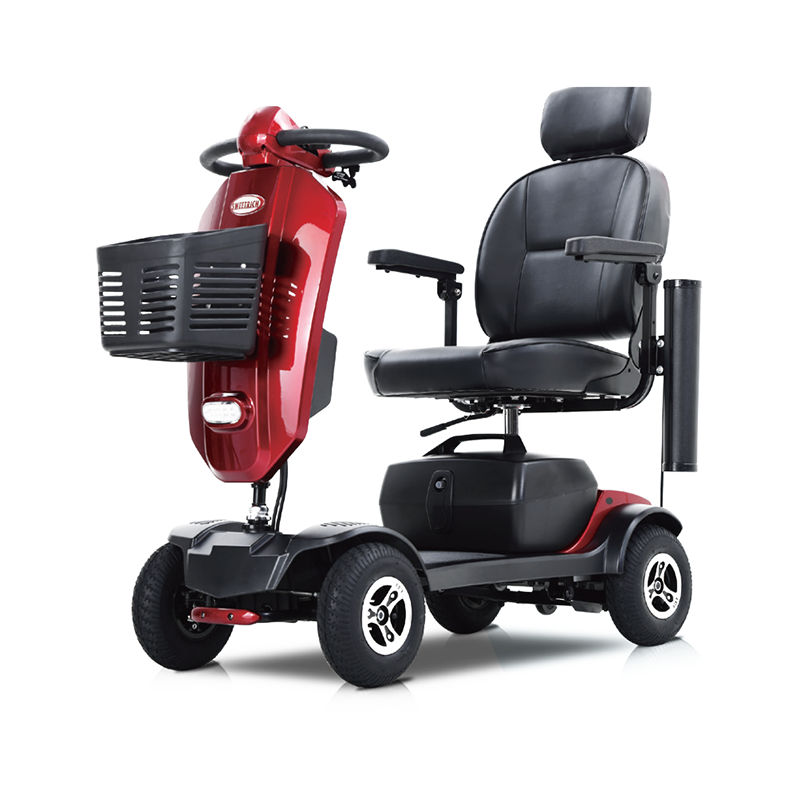As cities reshape mobility strategies and consumers seek customized solutions for diverse lifestyles, the demand for Wholesale Mobility Scooter products continues to evolve. These scooters are no longer limited to basic functionality; they are influenced by two powerful forces: user-centered customization and the role of infrastructure and policy in urban planning. Together, these factors determine how manufacturers, wholesalers, and consumers interact with the modern mobility market.
Customization has become central to consumer expectations. Today’s users look for scooters that meet specific physical needs, preferences, and daily routines. Adjustable seating, foldable frames, and modular battery systems illustrate how design is shifting to prioritize personal comfort and adaptability. Wholesale buyers benefit from this trend by sourcing models that serve a wide range of users, from seniors who value stability to young professionals who need compact commuting designs. This personalization reflects a broader cultural move, where mobility devices are no longer standardized aids but lifestyle choices.
Technological innovation supports this transition. Scooters equipped with smart displays, energy-efficient motors, and app-based tracking functions offer greater control and independence. For wholesalers, promoting these advanced features positions scooters not only as assistive tools but as integral parts of connected, modern living. Importantly, these innovations remain flexible, ensuring that models can be adapted to consumer groups with varied priorities, whether convenience, sustainability, or digital integration.
Urban planning and infrastructure policy play an equally important role in shaping demand. Cities investing in accessible sidewalks, ramps, and inclusive crossings create environments where scooters are easier to use. In regions where these facilities are limited, adoption progresses more slowly, but in areas where policymakers encourage inclusive design, wholesalers often see stronger sales. The compatibility between scooter design and infrastructure highlights the interdependence of policy and product innovation.
Public transportation integration has become a defining factor. As transit networks expand with low-floor buses, accessible platforms, and dedicated storage areas, scooters designed for portability and easy transfer gain traction. Wholesale distributors supplying compact, foldable models align directly with cities that prioritize multimodal transport systems. This connection between urban transit and scooter design enhances accessibility while promoting sustainable alternatives to car travel.
Environmental regulations further influence scooter adoption. With many cities restricting car traffic in central areas or creating low-emission zones, compact mobility devices provide a practical solution. Scooters reduce congestion, support environmental initiatives, and complement walkable urban design. For wholesalers, positioning scooters as part of sustainable living helps strengthen their presence in regions where green policies are advancing.
Demographic changes add another layer of opportunity. Urban areas with aging populations are investing in healthcare accessibility and mobility-friendly housing. Scooters designed with enhanced safety, ergonomic controls, and reliable stability features meet the needs of older users while aligning with government initiatives on aging societies. Wholesalers who tailor their offerings to these demographic realities gain a durable foothold in expanding markets.
Consumer expectations around design flexibility and safety also guide industry direction. Lightweight frames and interchangeable parts suit fast-paced urban living, while enhanced braking systems and stability mechanisms reassure users navigating crowded environments. Increasing emphasis on lifestyle integration means scooters are no longer viewed only as medical devices but as versatile, everyday mobility solutions that merge accessibility with modern convenience.
Urban zoning and smart city initiatives deepen this relationship. Mixed-use developments encourage short-distance commuting, where scooters excel as efficient last-mile options. Meanwhile, digital infrastructure such as data-driven transport management systems creates opportunities for scooters equipped with smart connectivity. Wholesalers capable of supplying models aligned with these innovations can serve not only individuals but also organizations managing fleets in healthcare, tourism, or shared mobility sectors.
The interaction between consumer-focused customization and policy-driven infrastructure highlights the dual nature of demand. Sweetrich, as a wholesale supplier that combines adaptable features with urban accessibility and sustainability standards, is well positioned to meet emerging needs.

